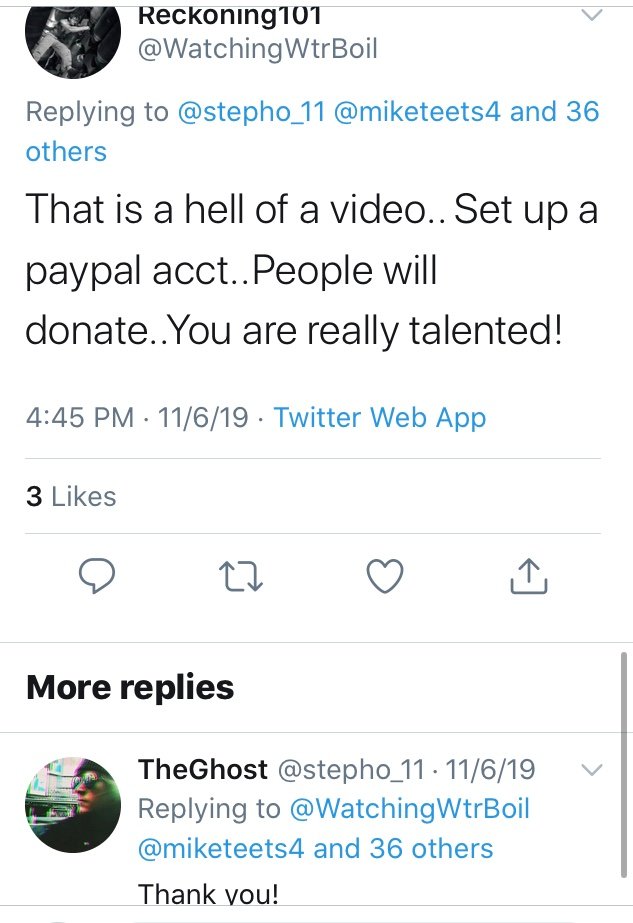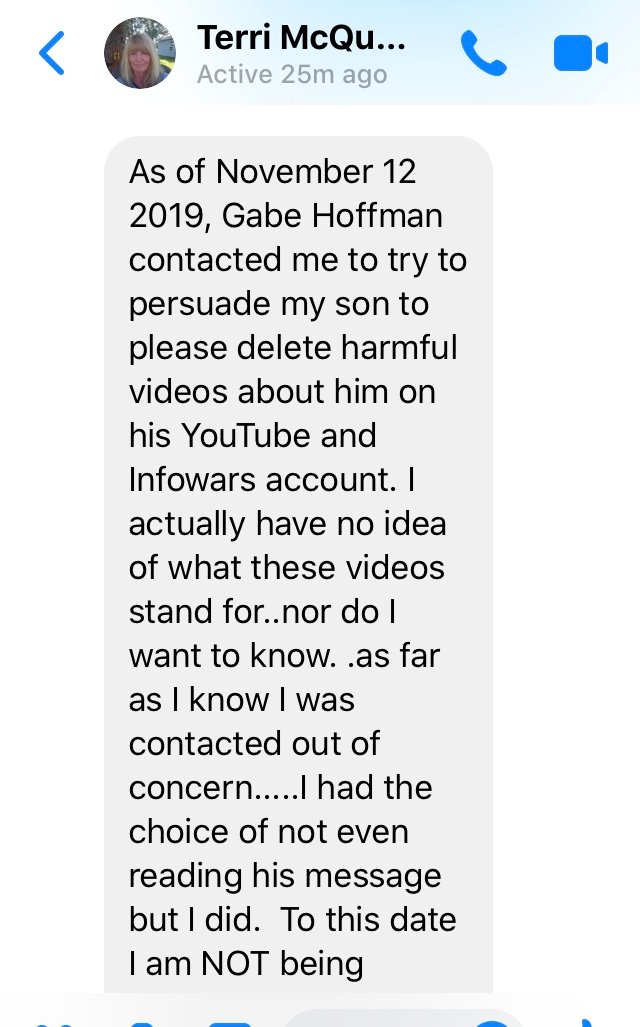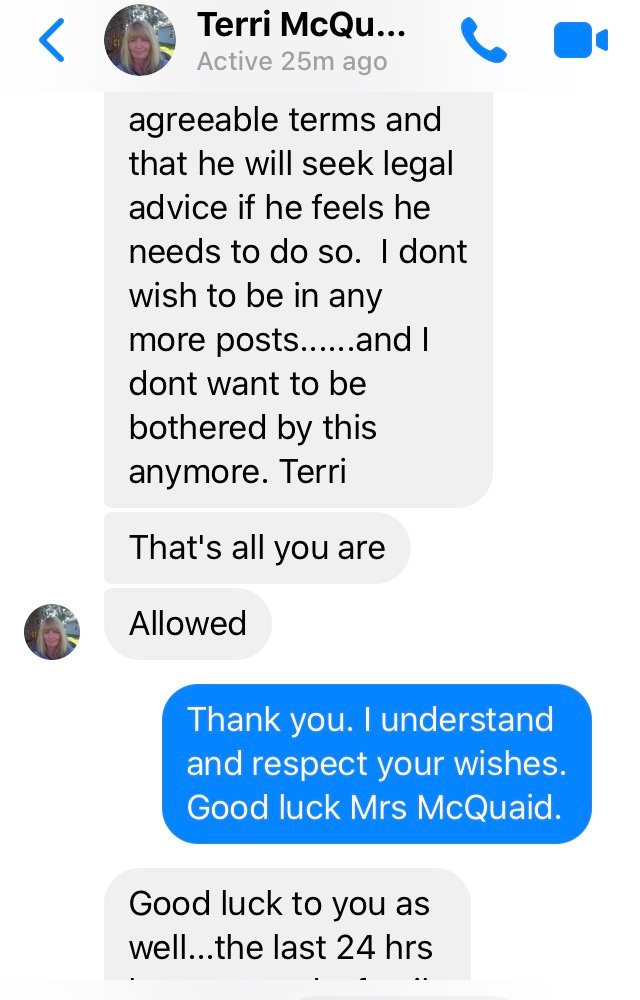He picked me up, and apologised for the congestion.
"You see all these cars, though? They're owned by the same person". (1/9)
Him: "Yeah, but the drivers lease the cars off the same guy. I met him." (2/9)
Me: "Oh, ok. Well, that makes sense."
Him: "Yeah? Here's the thing, though." (3/9)
The driver sees precisely zero cents until they hit a monthly quota. The money's in the owner's account; he then transfers it once the quota's hit." (4/9)
Me: "What?! But I thought the margins for uber drivers is low anyway. How is this worth it for them?" (5/9)
By leasing this uber car, it gives them transportation, right?" (6/9)
But they're on a real knife-edge..." (7/9)
Me, still in the back:
1) I'm making the whole thing up!
➡️ The whole convo was about 10 mins, so admittedly I was paraphrasing rather than verbatim, but I didn't introduce any elements, & don't think I missed anything crucial.
➡️ Possibly. But a number of people in the thread claim to have heard similar stories, in a variety of global cities, and some posted links to Uber schemes accomplishing the same goal.
➡️ Think this is missing the point. Water flows downhill; people and companies respond to incentives.
4) What's the problem? It's a service, they're free to choose or do it themselves
➡️ We may have different definitions of freedom...
& capital isn't as accessible or frictionless or socially mobile as you think, if you're arguing the drivers could just theoretically set up a leasing business so the outcome is therefore 'fair'
➡️ DC! I was getting a late-night cab from the airport to my hotel. I probably wouldn't have done that back home in London, so some commenters are right that better public transport is part of the answer, to reduce the incentives.
buzzfeednews.com/article/johana…







